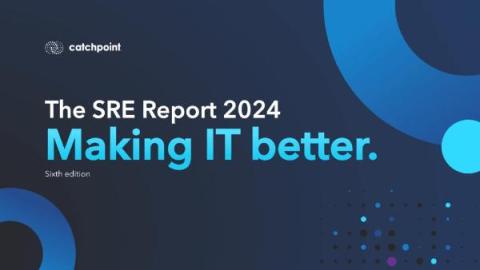A Day in Life of DevOps Engineer
Let me tell you, the life of a DevOps engineer is anything but boring. It's a constant pull between automation, collaboration, and troubleshooting, all with a healthy dose of caffeine thrown in for good measure. One day you might be scripting a deployment pipeline, the next you’re diving into server logs to diagnose a critical error. It's a role that demands versatility, a problem-solving mindset, and a learner’s excitement.











